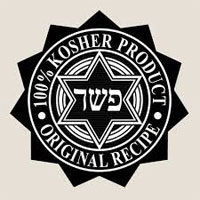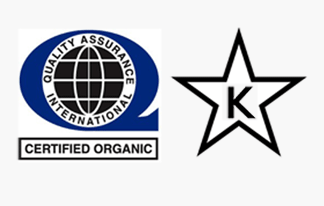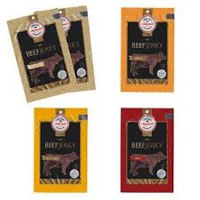For nearly fifty years, the demand for kosher-certified products has increased dramatically. Currently one of the hottest food trends, Kosher has become big business. Steady annual growth of the Kosher industry over the past two decades has led to an exponential rise in the numbers of products now available to the kosher consumer. The most recent Lubicom Marketing Consulting research data indicates that it has developed into a $12.5 billion industry for reasons explored below:
12.35M Kosher Consumers in the US
1.3M Year-Round Jewish Consumers of Kosher Products
35M Non-Jewish Consumers of Kosher Products
195K Kosher Certified Products
19K Kosher Products in US Supermarkets
11.4K Kosher Producing Companies and Plants
The United States dominates global kosher sales, launching the majority of all new kosher products available worldwide. To meet this demand, companies throughout the world are seeking kosher certification to expand their existing markets and enhance sales strategies. Many of these companies are choosing STAR-K Kosher Certification […]












 STAR-D
STAR-D STAR-S
STAR-S